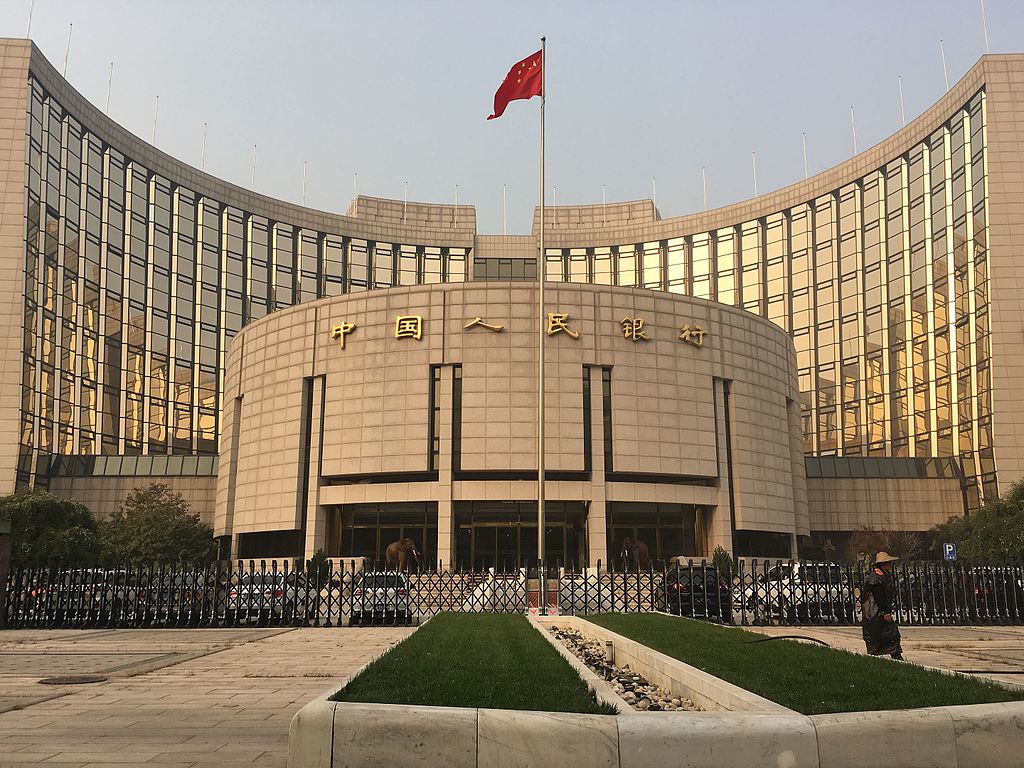
Andrew Cainey, Associate Fellow, Asia-Pacific Programme and Global Economy & Finance at Chatham House
Mar 19, 2018
Too often, analysis of China underestimates how aware China’s leaders are of the challenges they face and fails to place announcements in the right context. Li’s NPC work report is another sign that the leadership is indeed well-aware and is giving itself the space to tackle these challenges and to steadily make progress on the substance of reform.
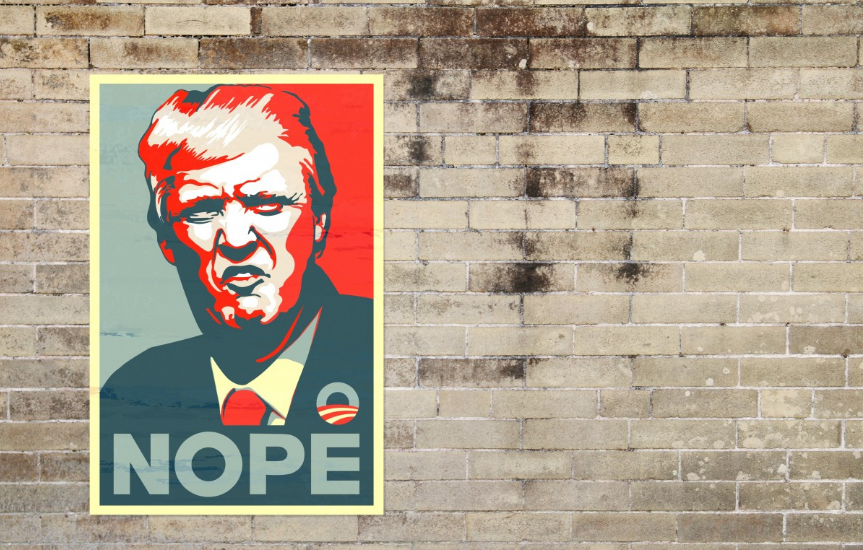
Sourabh Gupta, Senior Fellow, Institute for China-America Studies
Mar 19, 2018
The Section 232 measure is a highly unconventional and controversial one to restrain imports on the basis of their detrimental impact on U.S. national security. Worse, its employment against foreign trade partners, including China, is likely to be the first volley in an increasingly torrid summer of lethal trade pyrotechnics. The worst is yet to come.

Josephine Wolff, Assistant Professor, Rochester Institute of Technology
Mar 16, 2018
Companies around the world are already racing to develop the necessary 5G network technology, leading to new technological tensions between the U.S. and China. Given the continued demand for high-speed wireless connectivity and mobile devices, there’s a lot at stake for the companies that get 5G technology right and ultimately end up driving its deployment.
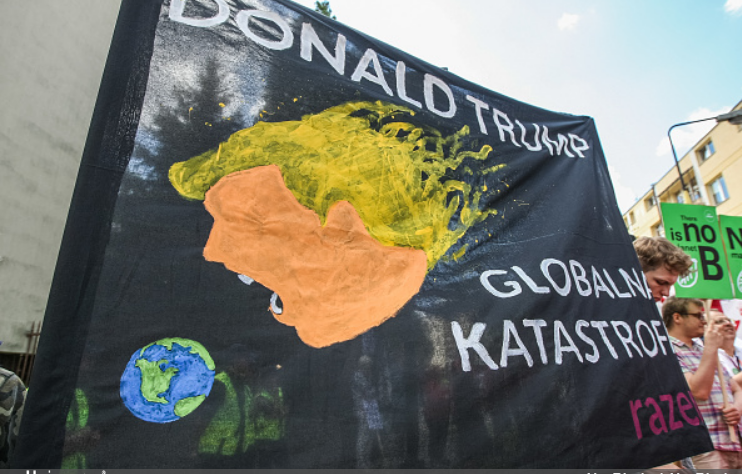
Yu Xiang, Senior Fellow, China Construction Bank Research Institute
Mar 16, 2018
Trump’s trade belligerence is damaging the house America built.
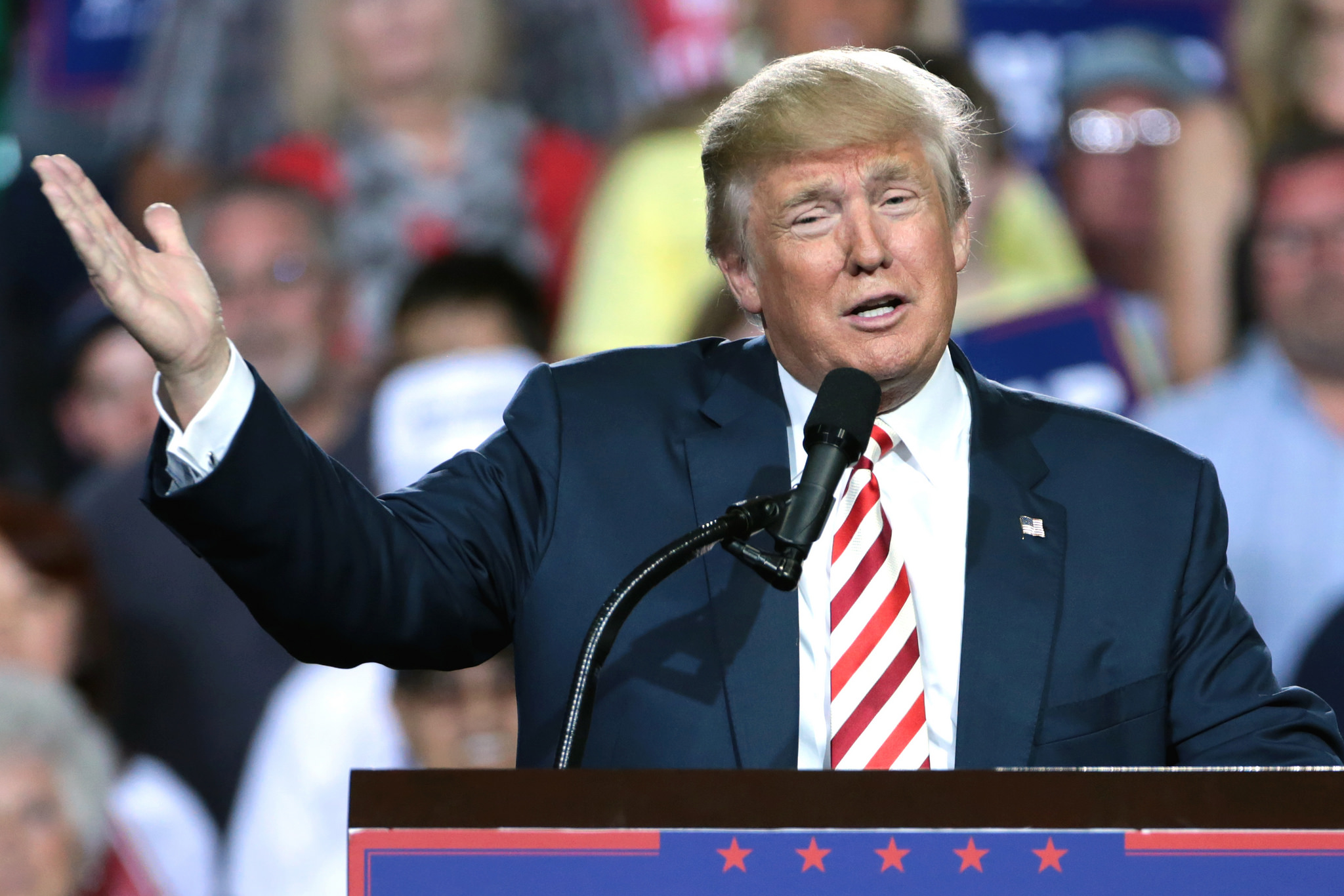
Vasilis Trigkas, Visiting Assistant Professor, Schwarzman College, Tsinghua University
Mar 14, 2018
Are trade wars easy to win and is Trump both willing and capable of escalating the conflict with Beijing to an all-out trade war, hoping that China will sooner or later capitulate?
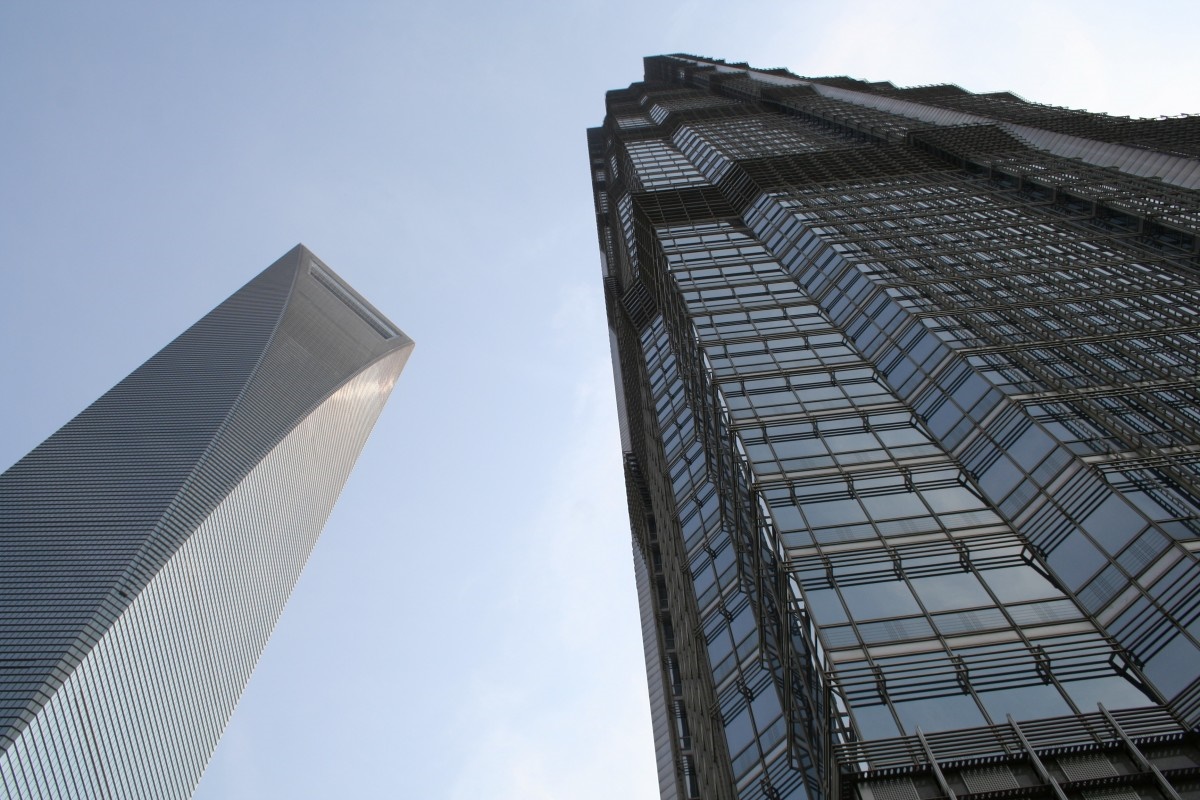
Ding Yifan, China Forum Expert and Deputy Director of China Development Research Center
Mar 12, 2018
China has overcome the predictions of economic doomsayers.
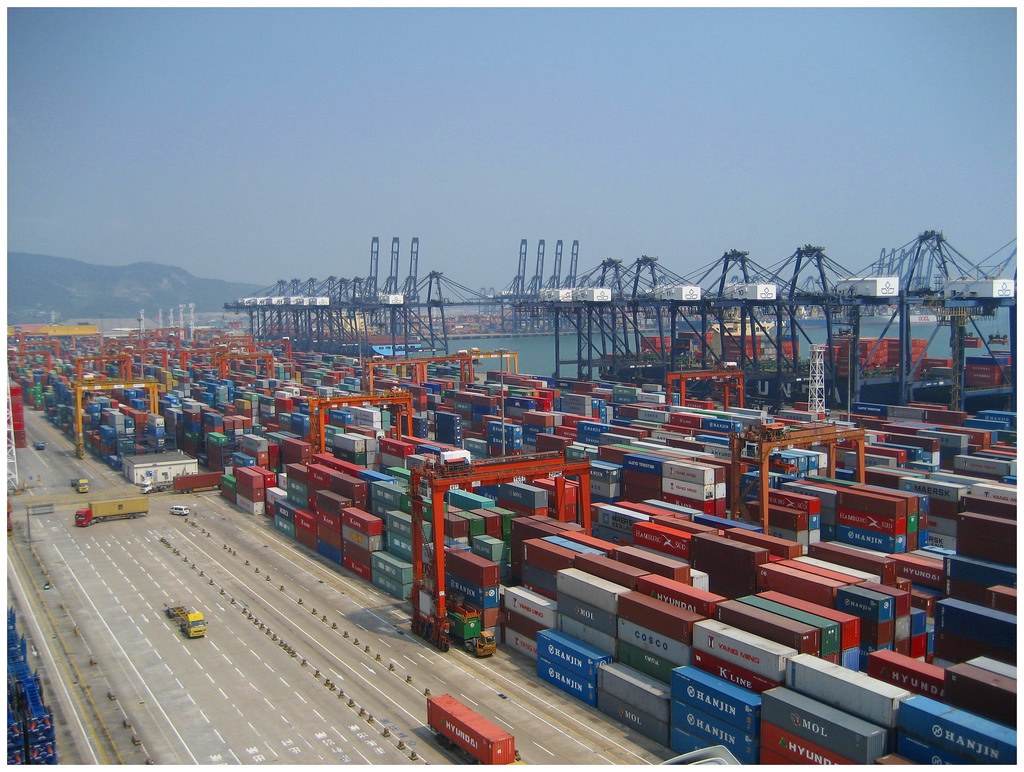
Zhang Monan, Deputy Director of Institute of American and European Studies, CCIEE
Mar 12, 2018
How China and the US avoid a tit for tat exchange and explore a new basis of mutual benefit and win-win cooperation through negotiations is particularly urgent.
Mar 12, 2018
Reportedly, the administration is considering imposing tariffs on over 100 Chinese products and adding additional restrictions on Chinese investment in the United States.

He Weiwen, Senior Fellow, Center for China and Globalization, CCG
Mar 08, 2018
Trump is shooting himself in the foot.
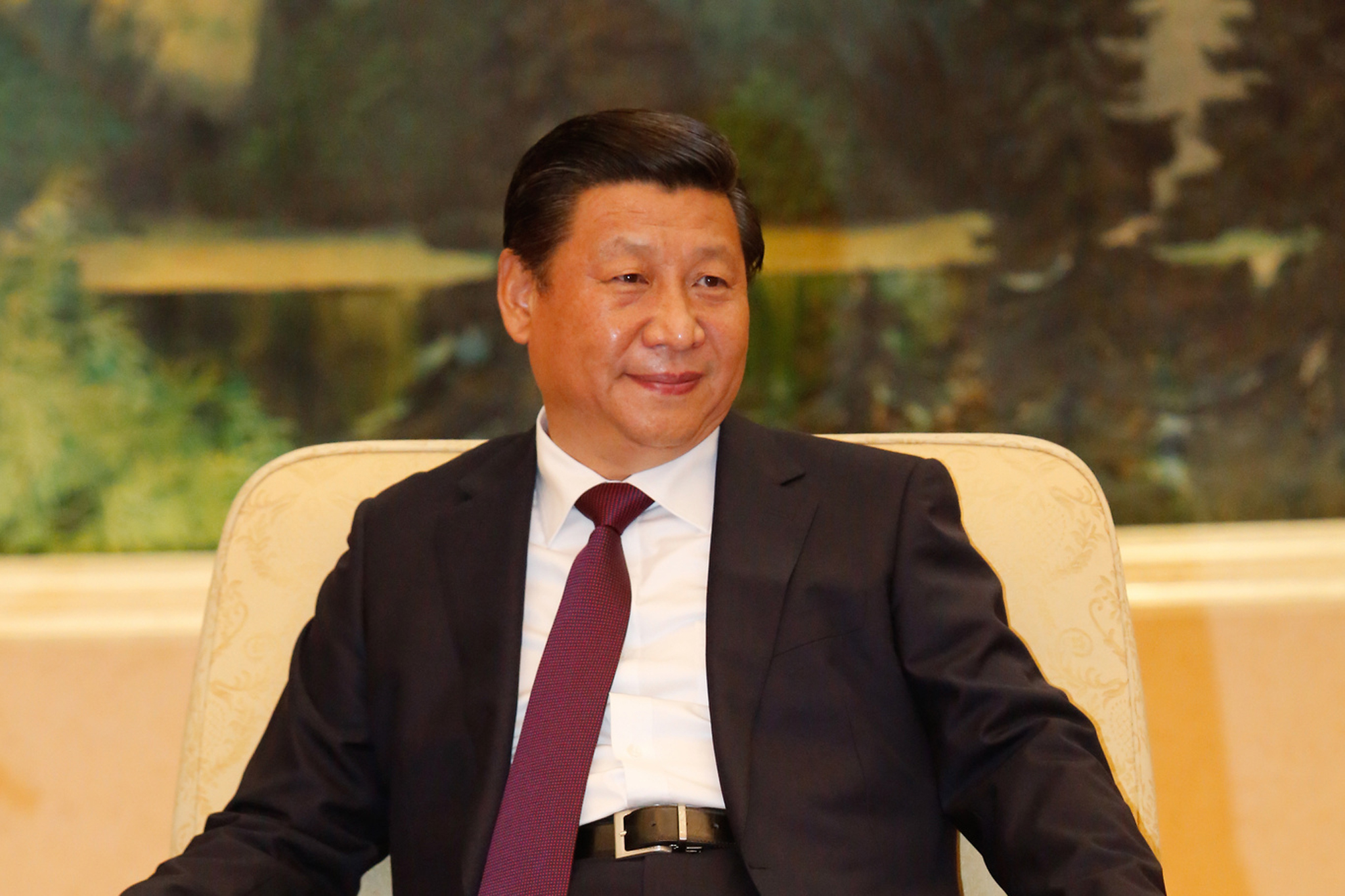
Alicia Garcia Herrero, Chief Economist for Asia Pacific at NATIXIS and Senior Fellow at Bruegel
Mar 08, 2018
China watchers were looking for signals of economic reform at the recent Central Committee meeting. The meeting introduced relevant amendments to China’s Constitution, the first since 2004. Alicia Garcia Herrero analyzes the possible impact of these amendments on China’s economic reform process.
Back to Top

- China-US Focus builds trust and understanding between the U.S. and China through open dialogue among thought leaders.
- Our Offerings
- Topics
- Videos
- Podcasts
- Columnists
- Research Reports
- Focus Digest
- Stay Connected
-
Thanks for signing up!
- Get the latest stories from China-US Focus weekly.